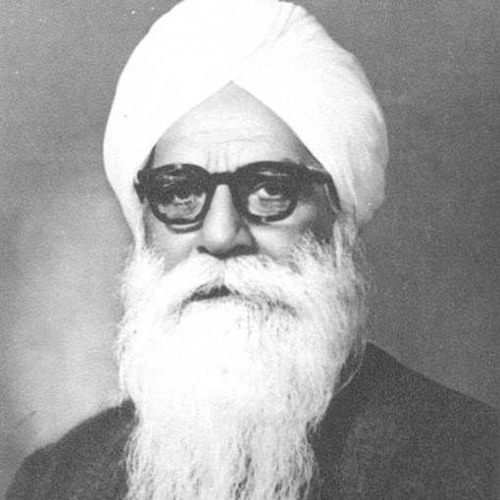Silence
RM
8/14/20162 min read
What is silence?
We defined silence is the absence of any kind of stimulation, internal or external, and more specifically, as the stillness and the sanctuary within us that we can access anytime.
Within you there is a stillness and a sanctuary to which you can retreat at anytime and be yourself.
– Herman Hesse
Why is silence important?
Spending time in silence is crucial because “silence is the language of God”, and the place where true growth occurs. Bauji constantly stresses the importance of intuition and this is developed through Simran, sangat, and “chup Preet”-silent divine love.
God is always inside waiting to talk to us and give us answers and guidance, and yet, we never seem to be able to make the time to listen to what He has to say. We need to make ourselves vacuums-empty ourselves of our desires and be still in order to be able to hear something beyond the incessant chatter of our neurotic minds.
Samagams increase our time spent in this sanctuary of silence; however, we need to do our homework and continue to pursue silence when we return to our everyday lives.
How can we incorporate silence in our daily lives?
Even starting with 5 minutes can make a huge difference, and slowly we can increase those time intervals. It’s important to make a plan and stick to it, especially as our lives start to get busy with school and other commitments, and discipline ourselves to follow through with it.
We can also strive to lessen the stimulation we expose ourselves to in our daily lives (such as the external stimuli we discussed in previous webinars). This includes everything we perceive through our 5 senses-which is why we close our eyes and remain quiet during gupt simran-and we should strive to emulate the same conditions when finding time for silence outside of samagams. The end goal is obviously not just external silence, but that can help us achieve our ultimate goal of internal silence. Another strategy is setting up “triggers” for ourselves-such as right before eating or when going to sleep-just little reminders to close our eyes, breathe, and feel gratitude for the love that lies within us.
Gurbani describes this method of communication with God as “parsana”-getting a glimpse of the divine.
We’re all made of the same stardust, just a minuscule collection of particles living in this vast, vast universe, and yet, the same force that created everything also lies within us. All we need to do is take moments our of our day to say, “God, I’m listening”, and develop our relationship with our True Self.
By putting these strategies into practice we can experience what Joel Goldsmith describes as the “Thunder of Silence”, and cultivate love and other divine qualities within us. Bhai Vir Singh describes the beautiful place where silence can take us in his poem, “Beyond Time”.
DHAN GURU NANAK~ ~DHAN GURU NANAK~~DHAN GURU NANAK~
Beyond Time
Bhai Vir Singh, Cosmic Symphony


My heart won’t listen to me
It has reached a place-
A timeless abode
In its wondrous minarets
Without past or future
It loses its self;
It returns dripping in love, but
Does not know or say anything.
